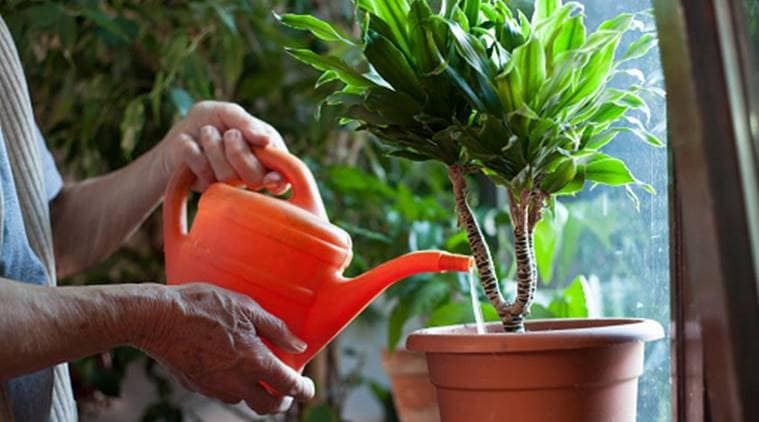
Switch to shampoo bars instead of liquid shampoo bottles. These are not only better for the environment, they also are better for our health as they don't contain chemicals. Children can replace their neon-coloured toothbrushes with ones made of wood.

By Kartik Bajoria
Every day we are bombarded with facts and images about the burning Amazon rainforest on the news and social media. There are two completely divergent viewpoints doing the rounds. One that predicts the end of the world as we know it, if the fires keep burning, and the other that calls it all an exaggeration. With figures of authority around the world joining the debate, maybe the truth lies somewhere in the middle. Here are five facts that parents can communicate to kids about the Amazon rainforest fires:
- The fires are caused by illegal land clearing and a record 2,500 fires are currently raging in the region, with plumes of smoke visible from hundreds of miles away. All this is a result of a weakening economy and a controversial President who is reportedly slowly dismantling the environmental norms the country was following.
- The fires over the past years have lead to this vicious cycle. Fires lead to land degradation, reduced water availability and warming of soil. This again leads to drought conditions and therefore more fires.
- Now though the fires are raging in Brazil, it is not actually in the Amazon Rainforest.
- While the burning forest may not account for 20 per cent of the world’s oxygen as has been claimed, it certainly adds to the carbon levels and is destroying a very important part of the planet’s carbon sink.
- The world needs to play a more active role. Countries with trade ties need to impose sanctions and make policy decisions that prompt Brazil into taking stronger action against environmental degradation.
But even though the Brazil forest fires aren’t as serious as they are made out to be, the fact remains, and is undeniable — climate change is real. The deteriorating environment is causing just as much damage to our health and lives. And we as a people are the ones who caused it. But we are the ones who can change it as well. Perhaps as adults, parents, there is a limited difference we can make, given that we don’t have too much time left. Young people, our children, the next generation can however make a significant and tangible difference. And it can all be done with some minor changes in our daily lives.
Reduce single use plastics. Carrying a reusable bottle of water from home instead of buying one outside requires little effort!
Also Read: 8 ways to raise kids in a plastic-free home
Switch to eco friendly alternatives. For example, switch to shampoo bars instead of liquid shampoo bottles. These are not only better for the environment, they also are better for our health as they don’t contain chemicals. Children can replace their neon-coloured toothbrushes with ones made of wood.
Buy local. Groceries and produce that are made locally will have much less of a carbon footprint, so try eating and buying local and seasonal produce. Children possess an immense power of persuasion. If they can demonstrate to their parents and elders in the family how much better it is to buy and consume local, it will make a tangible difference. Parents, for instance, can start visiting the local farmers’ markets for their grocery shopping.
Conserve water. Use a bucket instead of a shower and certainly don’t leave the tap running while you brush.
Try to walk, cycle or use public transport as much as possible.
It really is now in the hands of our youngsters. We must lead by example, share, explain, encourage and support a new generation today, to become wise to the various problems and possible solutions to a fast-depleting planet, so that they in turn, can work towards a better tomorrow.
Also Read: How to teach your child about climate change in small but significant ways
The Amazon fires are tragic no doubt. But there is still, just enough time to treat them as a final warning from nature, learn from them, and quickly put in place, remedial measures to resurrect our beloved planet.
(Kartik Bajoria is a writer, educator and moderator.)
Source: Read Full Article